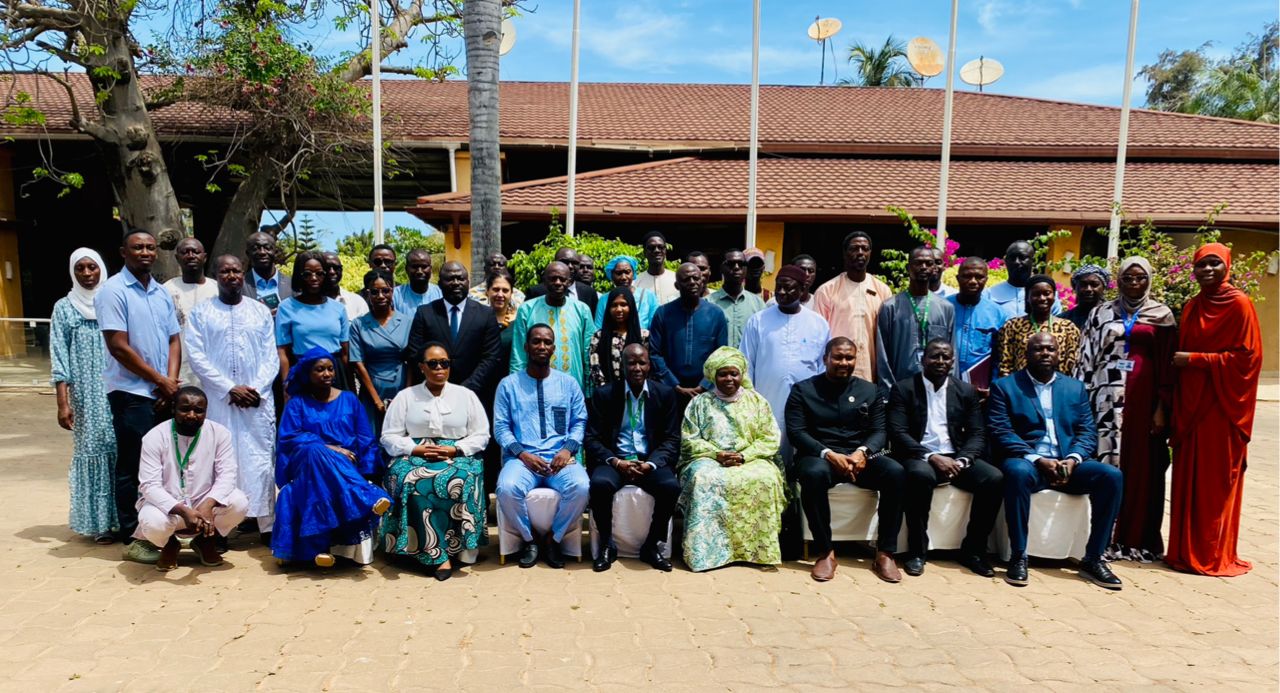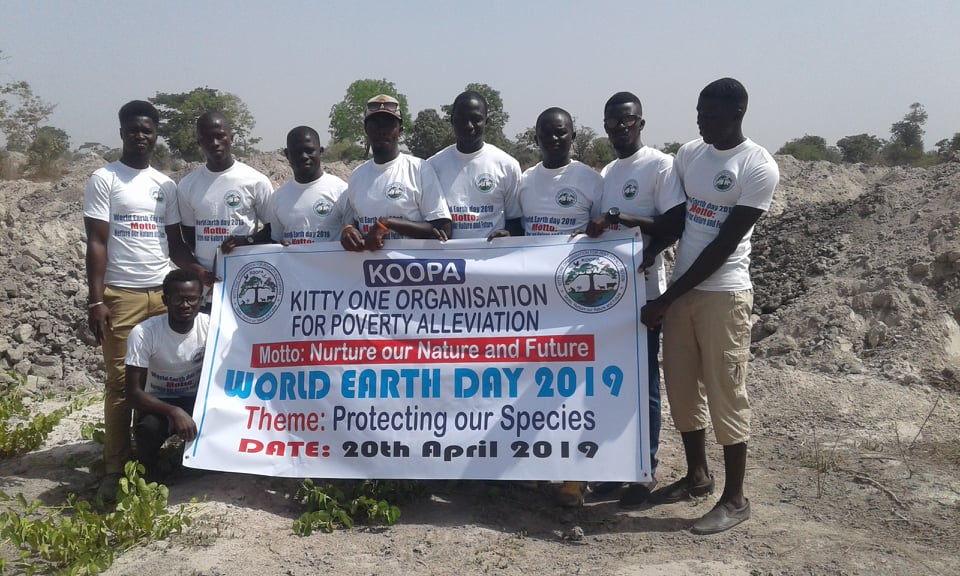By: Fatou Krubally
The National Environment Agency (NEA) and a Ghanian firm specialising on waste management have joined forces to solve Gambia’s waste crisis.
The NEA on Thursday convened a national validation session for a technical and financial waste management proposal submitted by Ghana’s Jospong Group of Companies. The high-level gathering brought together government officials, council leaders, civil society, and private sector actors to deliberate on a potential long-term solution to The Gambia’s chronic waste crisis.
In his opening remarks, NEA Executive Director Dr. Dawda Badjie recalled a July 2022 national dialogue on sustainable waste management, which produced a roadmap for addressing waste challenges in the country. “Today, we are here based on those recommendations, to validate a document meant to address that problem,” Dr. Badjie said, referring to Jospong’s proposal.
Representing Jospong Group, Dr. Peter Dagadu urged stakeholders to thoroughly review the proposed plans. “We are here to share experience, technology, and knowledge gained from two decades of addressing environmental sanitation problems in Ghana,” he said, adding that acceptance from local authorities was key to success.
KMC Mayor Talib Bensouda described waste management in The Gambia as “a crisis” and said municipalities were struggling despite improving collection rates. “We are just moving waste from communities to dumpsites like Bakoteh without processing or value addition,” Bensouda lamented. He praised Jospong’s recycling initiatives in Ghana, where former waste pickers now hold formal jobs in waste-to-product facilities.
GALGA Chairman and Basse Area Council Chairperson, Mr. Mahammadou Ceesay, echoed the need for inclusive implementation across the country. He cautioned against projects limited to urban centers and stressed collaboration between local and central authorities, civil society, and the media.
Also addressing the gathering, Minister of Environment Rohey John-Manjang reaffirmed the government’s commitment to supporting integrated waste solutions through partnerships. “Environmental sanitation is a national priority. We welcome innovative solutions and are ready to work with competent partners to transform the waste sector,” she said. The minister encouraged all stakeholders to ensure the proposal reflects both technical feasibility and local realities.
The proposal includes both technical and financial components for a comprehensive waste management system, with plans for stakeholder review and discussion ahead of a possible implementation phase. The NEA and Ministry of Environment expressed hope that the validation would mark a decisive step toward cleaning up communities nationwide.
“This problem does not know a politician or accountant,” said Dr. Badjie. “We must address it collectively for the betterment of our country.”





